Discover the alarming increase in high blood pressure & strokes in younger adults & ways to prevent it. Learn about the growing threat and what to do.
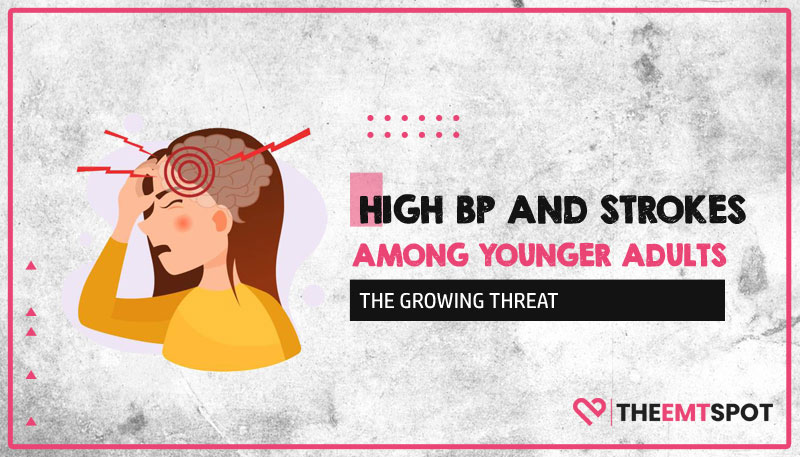
Quick Summary
- High blood pressure (HBP) is a leading cause of stroke in younger adults, even those under 45.
- Lifestyle factors such as poor diet, sedentary behavior, and stress can damage blood vessels and increase the risk of blood clots.
- Early detection and management of HBP through lifestyle changes and medication can lower the risk of stroke and other related diseases.
- Younger adults must monitor their blood pressure and make necessary lifestyle changes to maintain healthy levels.
Young adults are facing a growing health concern as high blood pressure and strokes are increasing among this demographic. This is a severe issue, as high blood pressure can lead to serious health complications, including strokes, heart disease, and kidney failure.
Understanding the causes and taking preventative measures is crucial for maintaining good health and reducing the risk of developing high blood pressure and strokes.
In this article, we will talk about how high blood pressure elevate the danger of facing stroke and provide practical solutions for prevention and management.
Contents
Does High BP Cause Stroke In Young Adults?
Yes, it can. Studies have found that high blood pressure is a significant contributor to the increasing incidence of stroke among people 49 years old and younger.
High BP raises the risk of ischemic and hemorrhagic strokes and is often accompanied by other risk factors such as high cholesterol, diabetes, smoking, and drug use.
To reduce the risk of stroke, younger adults must address common causes of high BP, such as obesity, unhealthy diet, lack of physical activity, stress, smoking, and drug abuse.
What Is The Most Common Type Of Stroke In Younger Adults?
According to large studies, hemorrhagic stroke (subarachnoid and intracerebral) is commonly observed among young adults. These account for approximately 50% of strokes in individuals under 45.
The incidence rates of subarachnoid hemorrhage range from 3 to 6 cases per 100,000 individuals per year. While the incidence rates of intracerebral hemorrhage range from 2 to 7 cases per 100,000 individuals per year.
What Causes High BP In Younger Adults?
High blood pressure in younger adults can be caused by various factors, including:
Obesity
Excess weight strains the heart and circulatory system, leading to high blood pressure. Being overweight or obese increases the volume of blood the heart has to pump and the resistance in the blood vessels, leading to elevated blood pressure.
Unhealthy diet
Consuming foods high in salt, unhealthy fats, and processed ingredients raise the risk of developing hypertension. Such a diet can lead to weight gain, elevated cholesterol levels, and inflammation, which are all factors that can contribute to high blood pressure.
Lack of physical activity
When the body is inactive, blood flow slows down, and blood pressure rises. This can cause pressure on the heart and blood vessels over time, leading to high blood pressure and related health issues.
Stress
Chronic stress increases hormones such as adrenaline and cortisol, which cause the blood vessels to narrow, making it harder for blood to flow. This results in higher blood pressure, which can put the individual at a higher risk of stroke, and other health issues.
Smoking
Smoking increases blood pressure and damages the blood vessels, leading to more health issues. Nicotine and other chemicals in tobacco can cause the blood vessels to narrow, raising blood pressure.
Drug abuse
Substance abuse, especially cocaine, and amphetamines, can raise blood pressure and strain the cardiovascular system. This can lead to long-term damage to blood vessels and increase the probability of developing high BP and associated health issues.
Genetics
High blood pressure can be passed down from generation to generation, making it a genetic factor. A family history of hypertension raises the risk of developing the condition, even in younger adults.
Chronic medical conditions
Certain medical conditions, such as kidney disease, can affect the normal functioning of the kidneys and lead to the accumulation of waste and fluid in the body, causing an upsurge in blood pressure. Kidney disease can also cause the body to produce hormones that can cause blood vessels to narrow, increasing BP.
How To Prevent High Blood Pressure In Younger Adults?
Adopting a healthy lifestyle prevents high blood pressure in younger adults. Here are a few things that can help:
- Maintaining a healthy weight: Achieving and maintaining a healthy weight through a balanced diet and regular physical activity can help lower blood pressure.
- Eating a healthy diet: A diet full of fruits, vegetables, whole grains, lean proteins, and low in salt and fat can help avert the condition.
- Engaging in regular physical activity: Regular physical activity can help reduce blood pressure readings by about 5 to 8 mm Hg and improve overall health.
- Managing stress: Practice stress-management techniques like deep breathing, meditation, and yoga to help keep blood pressure under control.
- Natural supplements: Natural blood pressure supplements, such as magnesium, potassium, and calcium, have been shown to help regulate blood pressure levels. They work by relaxing blood vessels and promoting proper fluid balance.
- Avoiding tobacco: Quitting smoking or avoiding tobacco can help prevent damage to blood vessels and lower the risk of high blood pressure. The results can be felt in less than 20 minutes of quitting smoking.
- Limiting alcohol: Drinking alcohol in moderation, if at all, can help prevent high blood pressure. A drink a day for women and two for men is sufficient to keep BP in check.
- Monitoring regularly: Monitor blood pressure regularly at home or through a blood pressure chart is essential in detecting high blood pressure early and managing it effectively.
Conclusion
High blood pressure in younger adults is a growing concern, leading to an increased risk of strokes even at a young age. This is due to an unhealthy diet, a sedentary lifestyle, and stress.
The best way to combat this issue is through early detection and management of HBP, including lifestyle modifications and medication when necessary.
It’s essential for young adults to regularly record their blood pressure and make necessary changes to maintain healthy levels and reduce the risk of strokes and related health issues.

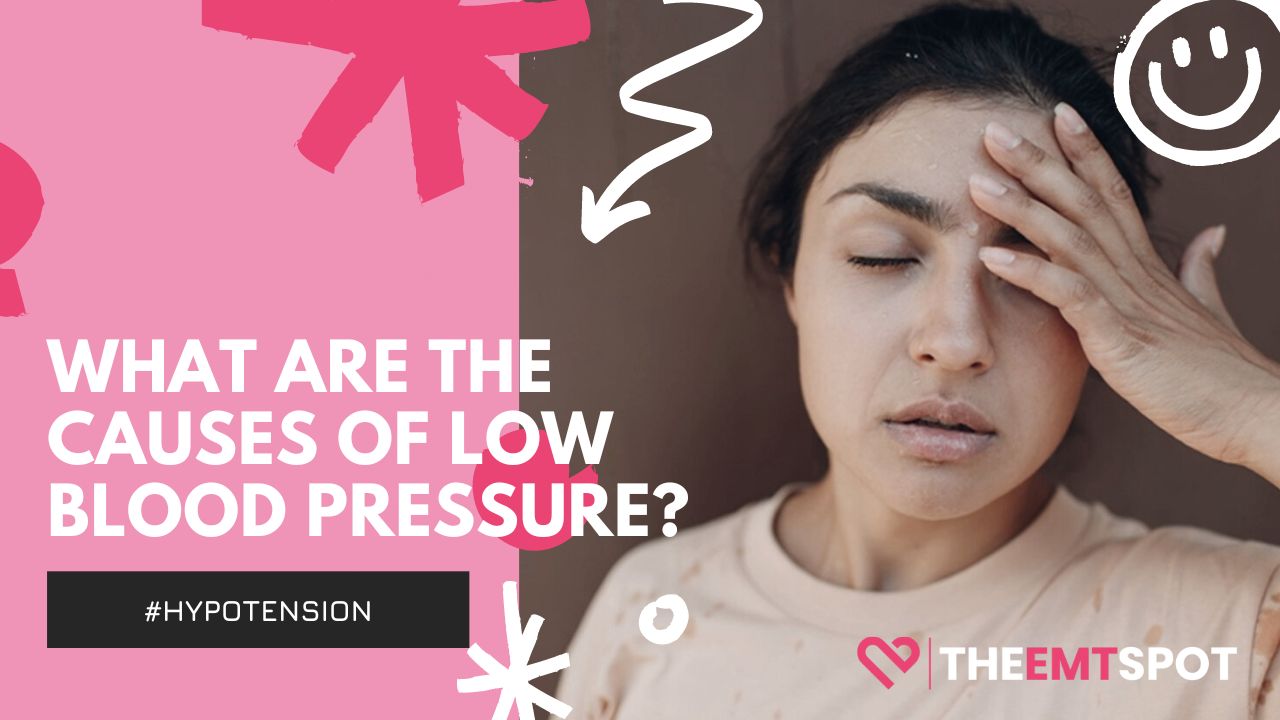
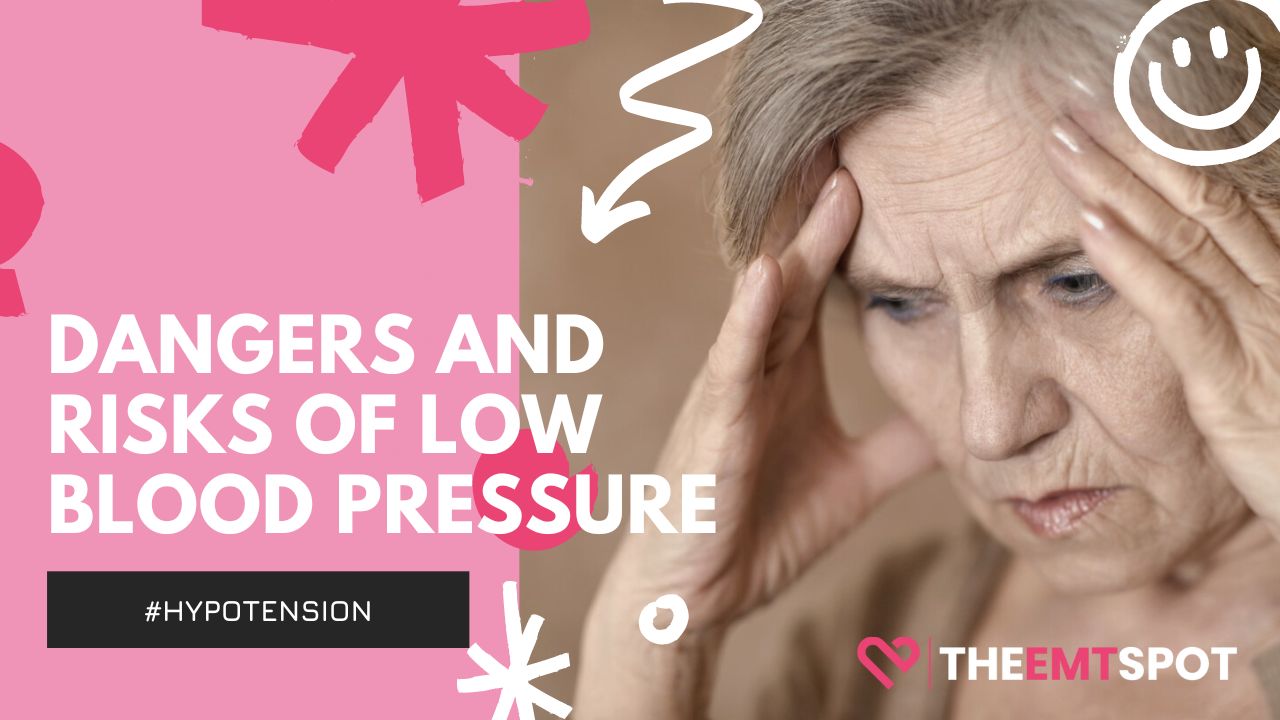
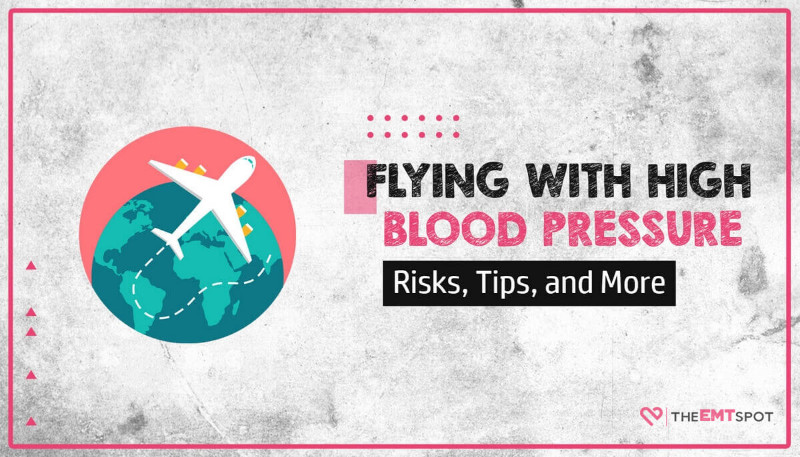
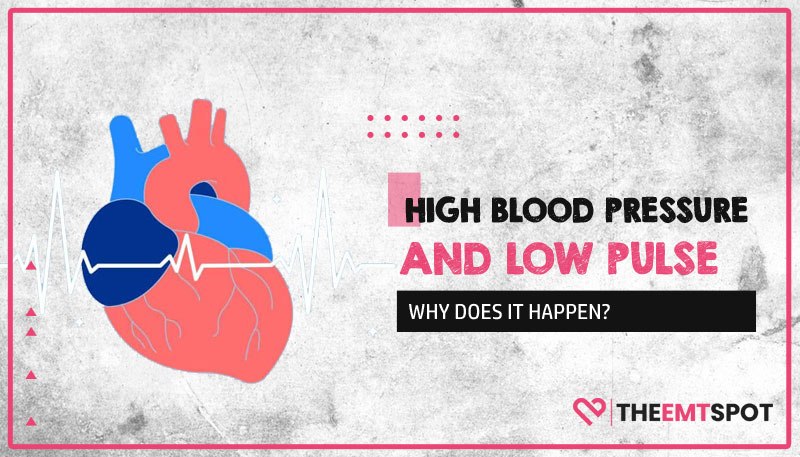
 Robin Backlund is a dedicated journalist and a medical student who has written several articles and essays exposing the falseness and hollowness of online resources in the medical science niche.
Robin Backlund is a dedicated journalist and a medical student who has written several articles and essays exposing the falseness and hollowness of online resources in the medical science niche.